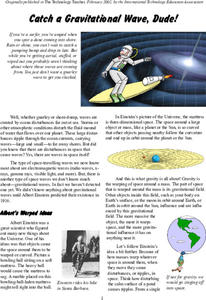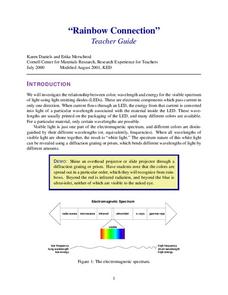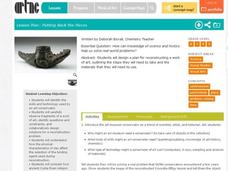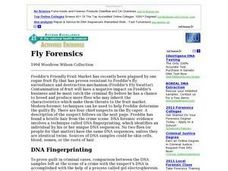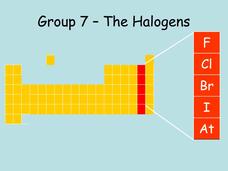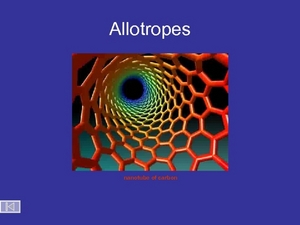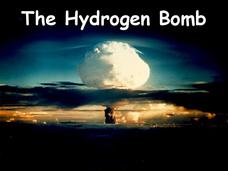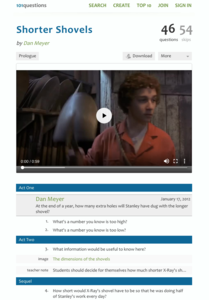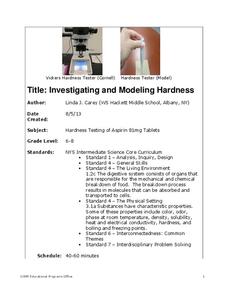NASA
Catch a Gravitational Wave, Dude!
It is cowabunga time! Pupils read an article about the NASA LISA mission on gravitational waves and conduct additional research on them. The class participates in a science bowl type competition about gravitational waves. Panels of four...
NASA
Taking a Cold, Clear Look at the Universe
Take a look with another perspective. Pupils read to find out what portion of the electromagnetic spectrum a space telescope sees and the difficulties of viewing infrared radiation from other objects in space. Individuals discover how...
K5 Learning
Space Based Astronomy
How much astronomy can you study with the naked eye? Learn more about the ways scientists explore the galaxy with a short reading passage and set of short-answer questions.
Cornell University
LEDs Rainbow Connection
View LED lights through the eyes of a scientist. Young scholars learn to view light as a wave frequency and connect various frequencies to different colors on the light spectrum. A lab activity asks groups to measure the frequency of...
Lakeshore Learning
Alphabet Sounds Teaching Tubs
A hands-on activity brings the alphabet to life in your kindergarten! Fill tubs with items that begin with the same letter or end with the same sound, and let kids make the connections between the items.
Santa Monica College
Flame Tests of Metal Cations
Scientists used flame tests to identify elements long before the invention of emission spectroscopy. Young chemists observe a flame test of five metal cations in the fourth lesson of an 11-part series. Individuals then work...
Curated OER
Putting Back the Pieces
Seventh graders become museum conservators and undertake the hypothetical restoration of an ancient American work of art. Groups design a plan for reconstructing the work of art, outlining the steps they need to take and the materials...
Curated OER
Time That Period
Physical science starters play with a pendulum in order to experience periodicity. Detailed procedures and a worksheet are included for day one. For day two, learners will use a graphing calculator to help them plot orbit data from a...
Teach Engineering
Are We Alone?
Find an answer to the age-old debate of whether life exists on Mars. Groups determine criteria to help look for signs of life on Mars. The activity has the class simulate testing Martian soil samples for signs of life before drawing...
Curated OER
Fly Forensics
Freddy's Friendly Fruit Market is under attack by fruit flies, and it is up to your aspiring biologists to solve the crime! By reading and analyzing the phenotypes, detectives determine which fly is responsible. This memorable assignment...
Curated OER
A & An
Challenge your ESL students with this handout on articles. They choose "a" or "an" to complete several common nouns, as such "field," "hospital," and "uncle." This worksheet would be a good class activity or quiz.
Curated OER
Group 7, The Halogens
The ten slides in this presentation make a consice introduction to the halogen group of the periodic table of elements. The location of the group is displayed, and then the characteristics of the different halogen group members are...
Curated OER
Allotropes
Brilliant graphics depict a variety of allotropes, especially the allotropes of carbon. Some notes are available to help make these useful for teaching your young chemists, but not for every slide. With some additional preparation on...
Science Geek
The Hydrogen Bomb
Recycled Russian nuclear weapons provide 10 percent of the nuclear energy that the United States uses. The short presentation discusses the Teller-Ulam device. It provides a diagram of the parts as well as a description of the four...
Curated OER
Matter
In a neat and straightforward manner, this PowerPoint delivers basic introductory information on the properties of matter, physical and chemical changes, and pure substances vs. mixtures. It also defines the states of matter. For some...
National Energy Education Development Project
The Science of Energy
Did you know the word energy comes from energeia, a Greek word? Introduce learners to the four types of potential energy, five types of kinetic energy, and energy transformation with a presentation about where we get our energy and...
101 Questions
Shorter Shovels
Learners won't have to dig themselves out of a hole thanks to an insightful video. Using the movie Holes as inspiration, individuals must determine the difference in the number of holes dug when digging with a shorter shovel. Because the...
Glynn County School System
Lives and Deaths of Stars
Star light, star bright ... just how long can you wish on that star? Well, it depends on its mass. The presentation explains the life cycle of stars based on their sizes. Scholars learn about the life expectancy of a star based on the...
Curated OER
Cell Phone Radiation
Should people be more worried about cell phone radiation? Scholars read extensive background information about the issue to prepare for a class discussion or debate. As they explore the website, they learn the main arguments for and...
Curated OER
Typical Numeric Questions for Physics I - Photoelectric Effect
As the title implies, here is a collection of typical photoelectric effect problems that physics learners need to be able to solve. They determine the amount of energy of a photon, the photons produced per second, the frequency required...
Cornell University
Exploring Rocks and Minerals
Investigate the properties of rocks and minerals through a rockin' hands-on activity. Learners test rocks for various properties and, using a guide, attempt to identify different samples. They use various properties including hardness,...
Cornell University
Mechanical Properties of Gummy Worms
Learners won't have to squirm when asked the facts after completing an intriguing lab investigation! Hook young scholars on science by challenging them to verify Hooke's Law using a gummy worm. Measuring the length of the worm as they...
Cornell University
Investigating and Modeling Hardness
Model hardness testing with a self-designed hardness test. Young scholars rate the hardness of different types of aspirin using the Vicker's Hardness scale. They then relate hardness to the solubility of each aspirin tablet.
Cornell University
Splitting Water with Electricity
Explore how electricity splits water molecules into hydrogen and oxygen. Learners begin by calculating the voltage necessary to separate the water. They then perform the experiment and measure the ratio of hydrogen and oxygen bubbles.
Other popular searches
- Animal X Rays Preschool
- Animal X Rays
- X Rays Mri Bones
- Preschool Lessons X Rays
- X Rays Art Preschool
- Understanding X Rays
- Bones and X Rays
- X Rays and Scans
- X Rays Preschool
- X Rays Tech
- X Rays Tech Schools
- Radiation and X Rays
